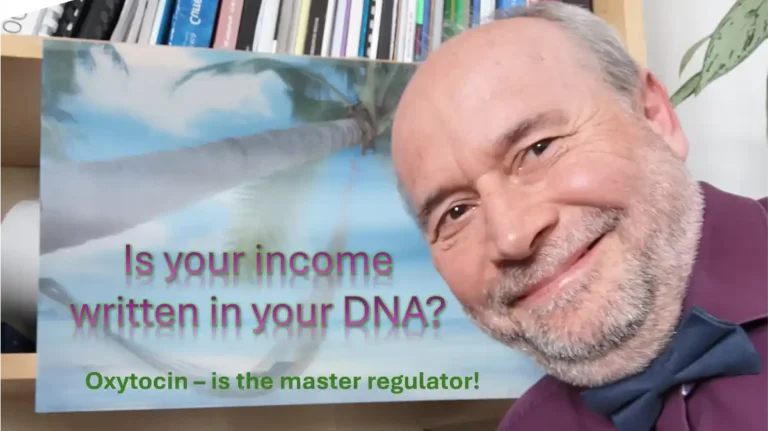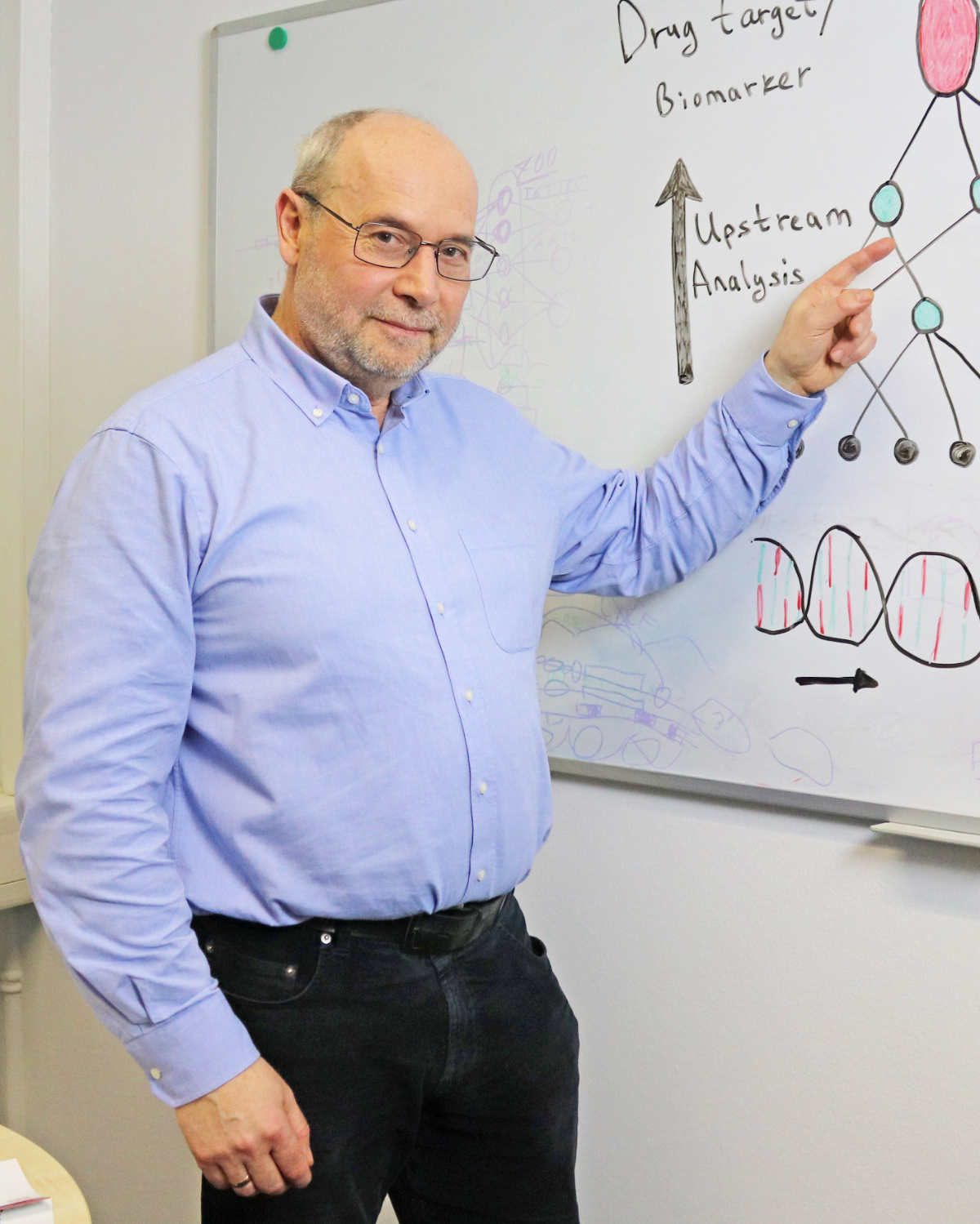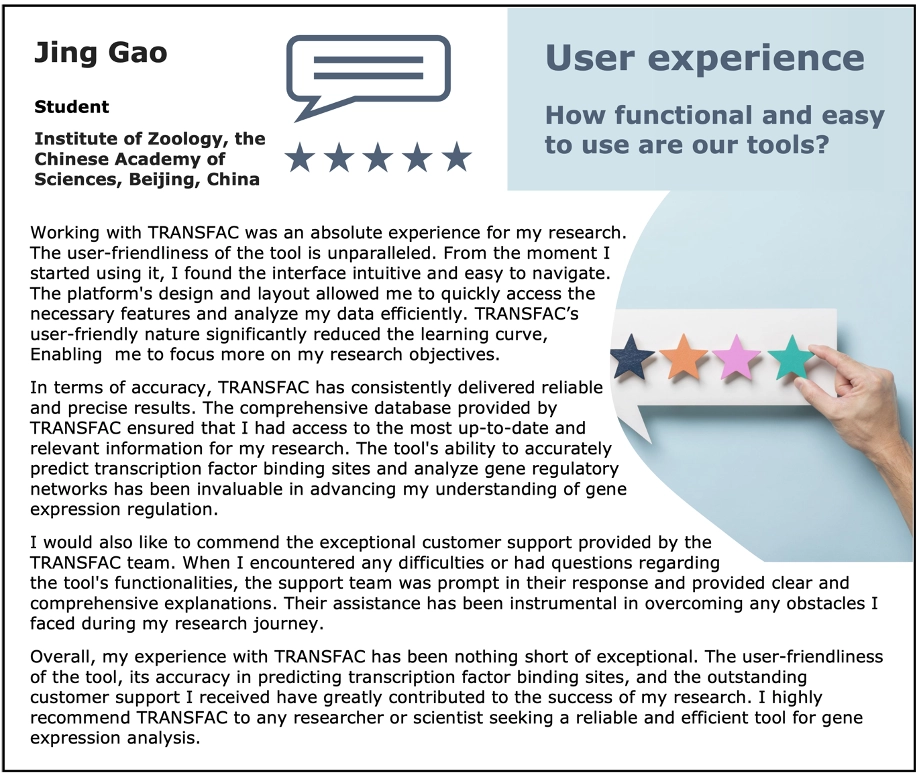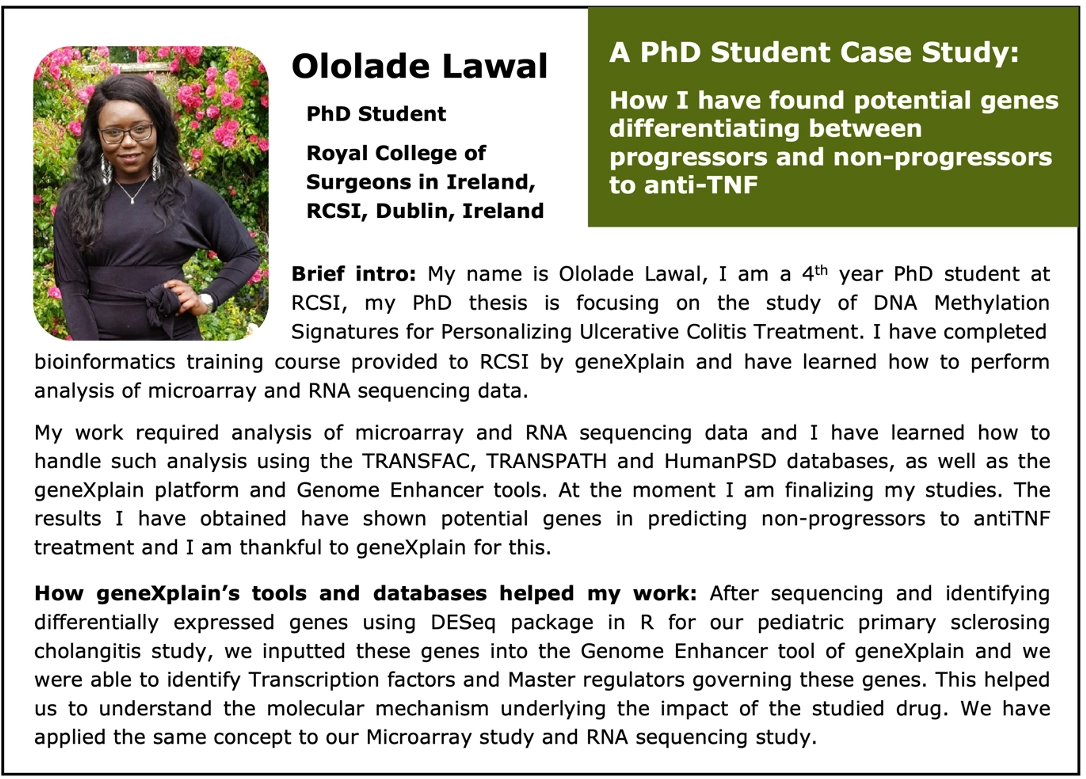Your income and your DNA
Q&A: Coffee break with TRANSFAC
Event was held on April 2, 2024
FREE online webseminar
Seminar Description
Is your level of income written in your DNA? This question will be considered in this “Coffee break with TRANSFAC” which will be hosted by Dr. Alexander Kel.
You will follow his analysis of GWAS results on 286 thousands people’s household income that was published in Nature (Hill D et al., 2019). Authors compared people’s income with their SNPs in the genome and revealed 120 income-associated loci. Is it a lot or just a little? What do they tell us in terms of brain pathways, human behavior and mental disorders?
You will learn how SNPs may change TF binding sites. How do they change enhancers in the genome that in turn affect important signaling pathways acting in the brain?
You will see the results of master regulator analysis and become curious about the potential role of oxytocin in influencing your income.

What you will learn in this webseminar
The Lecturer

Prerequisites
Basic knowledge of biochemistry and molecular biology. No programming skills are required.
To Whom It Might Be Interesting
Previous webseminars on SNP analysis
04 April 2023, the fifth “Coffee break with TRANSFAC” session
How to find motifs created or destroyed by SNPs




